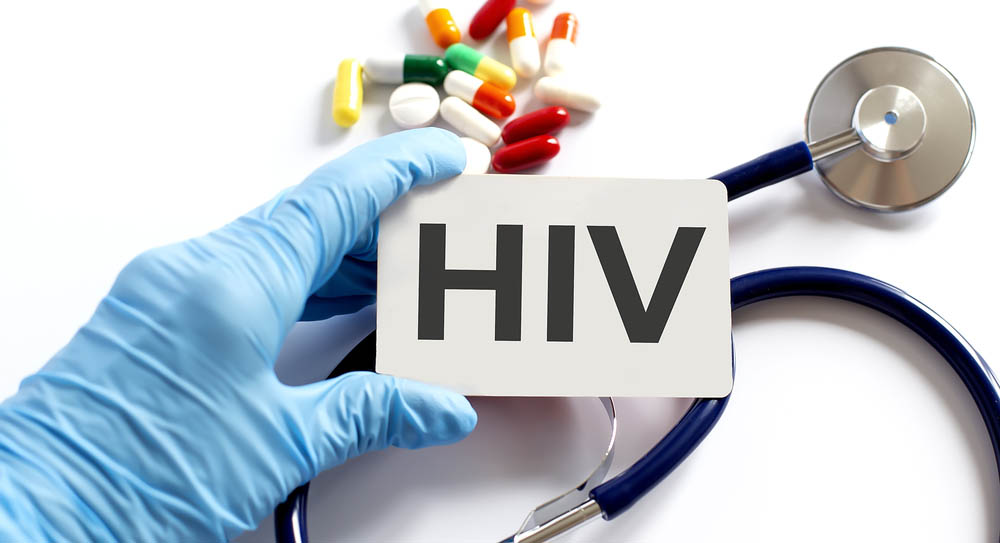In Newfoundland and Labrador, HIV testing is a critical component of healthcare. With the province’s commitment to fighting the spread of human immunodeficiency virus (HIV) and acquired immunodeficiency syndrome (AIDS), the government is encouraging residents to get tested with their free HIV testing.
If you want to know your status, here’s how you can access these services.
Free HIV testing clinics in Newfoundland and Labrador
Newfoundland and Labrador offers a range of free HIV testing clinics across the province, all of which are designed to provide confidential and non-judgmental services. These clinics are run by healthcare professionals trained in HIV testing and counselling, so you’ll receive the support and information you need.
The clinics operate under the principle that early detection can lead to better health outcomes.
Description
Planned Parenthood NLSHC is a non-profit charitable organization that promotes positive sexual health and 2SLGBTQ+ inclusion through education, community partnership, information and services within an environment that supports and respects individual choice.
Address
47 St. Clare Ave
St. John’s, Newfoundland and Labrador
A1C 2J9
709-579-1009
https://www.plannedparenthoodnlshc.com/
Description
The AIDS Committee of Newfoundland and Labrador (ACNL) is a provincial community-based, non-profit charitable organization committed to preventing the spread of HIV, hepatitis C virus (HCV), and related sexually transmitted and blood-borne infections (STBBIs) through education and supportive harm reduction-based programs and services.
Address
98 Broadway
Corner Brooker, Newfoundland and Labrador
A2H 4C8
709-634-7927
https://acnl.net/
Description
The AIDS Committee of Newfoundland and Labrador (ACNL) is a provincial community-based, non-profit charitable organization committed to preventing the spread of HIV, hepatitis C virus (HCV), and related sexually transmitted and blood-borne infections (STBBIs) through education and supportive harm reduction-based programs and services.
Address
47 Janeway Place
St. John’s, Newfoundland and Labrador
A1A 1R7
709-579-8656
https://acnl.net/
Description
PDIFC is –like all Friendship Centres across the country– a non-profit organization that delivers culturally appropriate services to Indigenous people regardless of status in urban communities. Every Centre is as unique as the area it serves allowing for programs and services that vary nationally based on need.
Address
Suite 10, 35 Carolina Avenue
Stephenville, Newfoundland and Labrador
A2N 3P8
709-643-3902
https://pdifc.com/
How to participate in the free HIV testing
If you want to get tested in Newfoundland and Labrador, locate their nearest free testing clinic through the provincial health website or by contacting public health offices.
Most clinics require a form of identification for registration purposes, but some may offer anonymous testing options. Booking an appointment is often recommended to reduce waiting times, though walk-ins are generally welcomed.
HIV testing options in Newfoundland and Labrador
In Newfoundland and Labrador, you have multiple options for HIV testing, based on your preferences and circumstances. These include the following.
Private clinic
Although some private clinics offer confidential HIV testing services at a cost, they provide a high level of privacy and often shorter waiting times.

Local lab
Local laboratories provide testing services where samples are collected and analysed. This option is ideal if you prefer a medical setting without the need for a full clinic visit.
Community clinic
Community clinics are often run by non-government organizations (NGOs) or public health agencies. These clinics offer free or low-cost HIV testing, as well as additional support services, such as counselling and education on HIV prevention.
At home
At-home HIV test kits can conveniently provide you with another private option to get tested. These kits can be obtained through public health programs or purchased at pharmacies.
At-home HIV test
At-home HIV tests are a breakthrough in the accessibility of HIV testing.
With these devices, you can perform the test in the privacy of your home and receive the results available within minutes. They’re also highly accurate and come with instructions for use and information on what to do next, depending on the test result.
Free at-home HIV test kits can sometimes be obtained through public health campaigns or ordered online from health services.
Frequently asked questions
Why get tested for HIV?
Getting tested for HIV is crucial for several reasons. It enables you to know your status, access treatment early if necessary and take steps to prevent the spread of the virus to others. Early detection and treatment can significantly improve quality of life and reduce the risk of HIV-related illnesses.
Who should get tested for HIV?
Everyone should consider getting tested for HIV at some point in their lives, especially those who have engaged in unprotected sex, shared needles or have other risk factors. Regular testing is recommended for those with ongoing risks.
When should I be tested for HIV?
Get tested for HIV if you have been exposed to the virus or if you engage in activities that increase your risk of infection. The window period for HIV tests varies, so it’s recommended to wait a few weeks after a potential exposure before testing. Additionally, regular testing is recommended if you’re at continued risk.
What if I test positive for HIV?
Testing positive for HIV is understandably concerning, but it’s not a death sentence.
HIV is a manageable condition with the right treatment. If you test positive, you will be referred to healthcare professionals who specialize in HIV care. You will then receive counselling, support and access to antiretroviral therapy (ART), which can effectively manage the virus so you can continue to live a healthy life.




















































